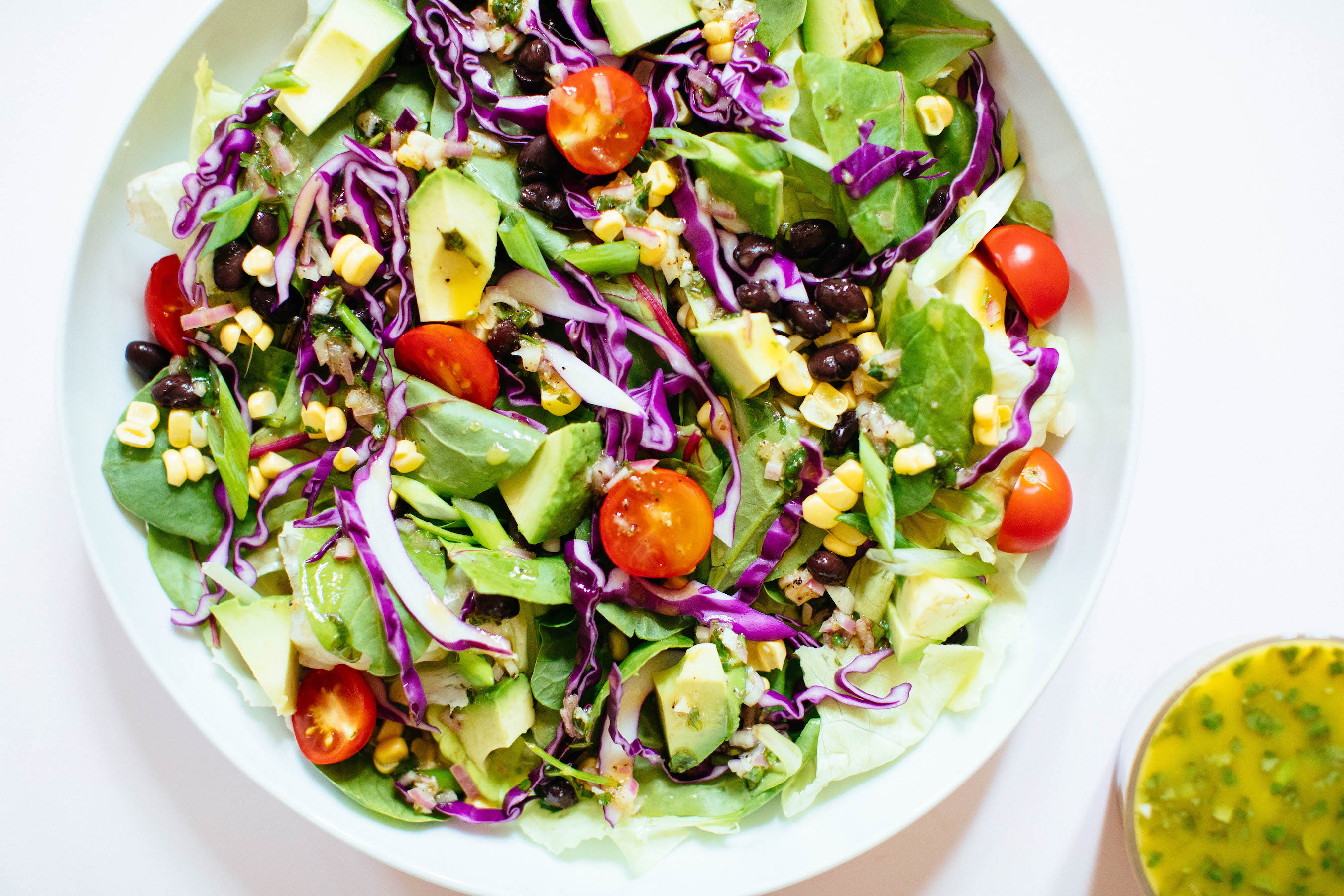
What to Eat to Stop Undereating
Table of Contents
Are you frequently undereating and looking to kick the habit? Keep reading to learn what to eat so you can stop.
Not eating enough food can be the result of a multitude of different factors. Commonly, we see it happen when individuals are feeling stressed, overwhelmed, or more emotional than usual. These are often the causes of unintentional undereating. On the other hand, we also see cases of somewhat intentional undereating as a result of restrictions from diets, detoxes, and cleanses.
Whatever the cause for you, it’s important to identify it and turn it around early on. That way, you can either prevent the habit from developing further or break the habit if it already exists.
Are you Undereating?
So how do you even know if you’re undereating? Your body will most likely be communicating with you to let you know that it needs more energy than you’re providing.
You may feel tired or lethargic, experience dizziness or poor cognition, or notice hair loss and brittle nails. You may also find yourself to be very irritable and feel cold all the time. In the case of females specifically, you may even experience the loss of your period, or amenorrhea.
If you’re experiencing three or more of these symptoms, chances are you’re undereating.
5 Steps To Stop Undereating
Try out implementing the following 5 steps to start eating in accordance with your body’s nutritional needs.
Add a Source of Fat to your Meals and Snacks
For some reason, fat is often easily forgotten. When listening to client recalls during our first few appointments, I often hear meals that sound so incredible, but they simply have no fat in them.
Try adding a source of fat to each of your meals and snacks whenever you can. Fat is the body’s most nutrient-dense food source. That means, a tiny bit of it packs a big nutritional punch! By simply adding one fat-containing food item to your snack or meal, you’ll significantly increase the amount of energy you’re getting. That means you’re one step closer to no longer undereating!
Think of food sources like fatty fish (salmon, tuna, mackerel, and sardines), nuts, seeds, nut butter, seed butter, avocados, avocado oil, olives, and olive oil for this step.
Don’t be Afraid of Carbohydrates
There’s nothing to fear when it comes to carbohydrates, or starchy carbohydrates to be more specific. Starchy carbohydrates are the body’s primary source of energy. We thrive on them! They provide the brain and red blood cells with the glucose they need to survive and thrive.
When it comes to starchy carbohydrates, people often believe they should avoid them entirely or significantly restrict them because of all the negative health connotations associated with them. Do we want to be cognizant of balance when it comes to processed starchy carbohydrates? Absolutely. But does that mean we want to restrict starchy carbohydrates? Absolutely not. This will lead to undereating over time.
Try and incorporate natural, complex sources of starchy carbohydrates on a regular basis. Think of ancient grains (such as quinoa, farro, and amaranth), whole grains, fruits, and starchy vegetables (such as sweet potatoes, peas, and squash) for this step.
Pay Attention to your Hunger Cues
Your body uses hunger cues to communicate with you when it needs more energy and when it has enough. When we listen to these cues and abide by them regularly, it’s much easier to avoid undereating. On the flip side, when we ignore these cues and attempt to follow an eating schedule or a diet, undereating is much more prevalent.
Start by getting to know your hunger and satiety cues. On a regular basis throughout the day, pause and reflect. How are you feeling in regard to hunger? Are you very hungry, slightly hungry, or content? What about fullness? Are you very full, slightly full, or content?
Once you have an idea of what your cues feel like, you can start to abide by them. This is one of the best ways to prevent undereating in the long term.
Food First, Caffeine Next
Beverages, particularly caffeinated ones, can mess with those hunger cues we just spoke of. Sometimes they can suppress your hunger, even when it’s unintentional.
Instead of starting your day off with a coffee first-thing, try having your breakfast first. This can help prevent the coffee from curbing your hunger. In reality, it’s a good idea to abide by this guideline with most beverages that aren’t water. That way, you know you’re satisfying your hunger with food as often as possible!
Manage Stress and Overwhelm
When we’re feeling stressed, anxious or emotional in general, it’s much easier to ignore those hunger cues. The body becomes preoccupied with coping, which can push off hunger.
If you know this is the case for you, try to get into the habit of practicing regular stress management. Whether that’s a form of journaling, meditation, or movement, it can help to minimize those stress levels and in turn, let your hunger and satiety cues thrive.
The Takeaway
When it comes to undereating, the key is to first figure out what’s not working well. Are you restricting intake intentionally? Do you feel more stressed than usual? Or maybe you’re forgetting to add fat to your meals?
Once you know what you may be missing, you can then use these 5 steps to build a balanced, sustainable diet and prevent undereating for good.
Do You Want to Experience More Balance with your Food Choices?
Then find your balanced eating type!
Take this 45-second free quiz to find out which balanced eating archetype you are, and what your unique type needs to maintain balance with the way you nourish yourself. That way, you can finally be free from food and diet obsession, maintain a balanced weight, and cultivate a positive relationship with food and your body.

